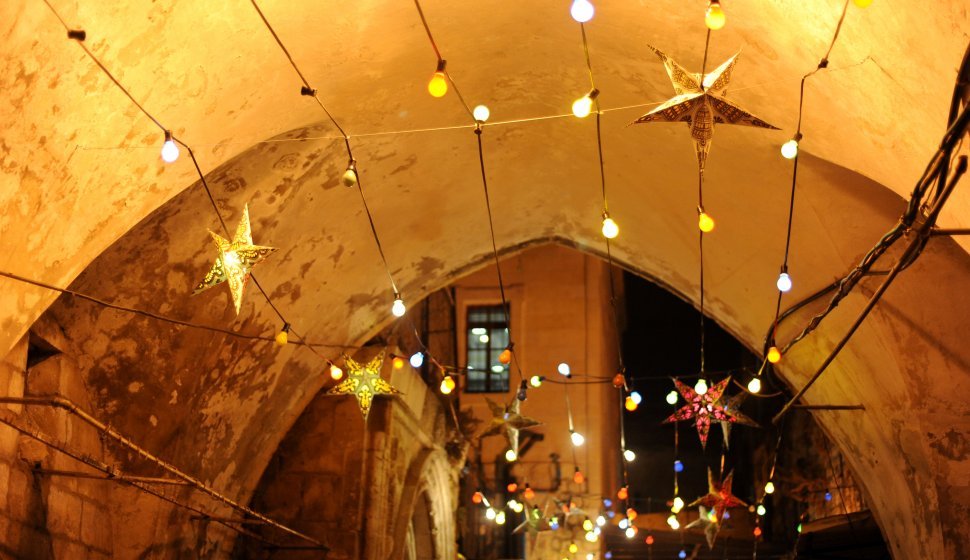- Home
- Religious Holidays
- Islamism
- Ramadan

Ramadan Dates in 2026, 2027 and 2028
Ramadan is celebrated at the following dates:
- Wednesday, February 18, 2026
- Monday, February 8, 2027
- Friday, January 28, 2028
Ramadan is the ninth and holiest month in the Islamic calendar, characterized by intense fasting and prayer12. It is observed by 1.6 billion Muslims worldwide as the most significant period for practicing the fundamentals of Islam2.
Origin
Ramadan celebrates when the initial verses of the Quran were revealed to Mohammad3. In the year 610 AD, Muhammed left his home of Mecca for Mount Hira to find solitude for meditation3. One night while in a deep meditative state, an angel appeared to him in a vision4. The angel, Jibril, introduced himself and revealed that Muhammad was, in fact, a messenger of Allah4. Muhammed was commanded to recite what were to be the first verses of the Quran and to bring the word of Allah back to his people5. Baffled at first, he returned to Mecca to tell his wife, Khadijah, of the encounter5. She and her cousin, Waraqa ibn Nawfal, an expert on various religions, convinced Muhammad that he was in fact visited by an angel and was destined to be a prophet5. Jibril continued to visit Muhammad several times throughout his life6.
Celebration
Practicing Muslims fast during the holy month of Ramadan7. This includes abstaining from food, drink, sexual relations, smoking, and cursing7. As one of the five pillars of Islam, is meant as a way to reconnect spiritually rather than as a physical ritual7. Each morning, one eats a hearty breakfast of slowly digestible food (suhoor)8. To break fast every evening, dates are eaten, just as Muhammed had before beginning his nightly meal. Afterward, dinner (iftar) is eaten before finishing the night with the special Isha prayer8. Throughout the month, it is also common for Muslims to go to a Mosque to recite five daily prayers and to spend several hours studying the Quran9. The holy month concludes with Eid al-Fitr, a festival characterized by fine clothing, decorations placed around homes, and time spent with family and friends10.
Fasting is required of every able-bodied, healthy, sane, postpubescent Muslin11. Exceptions include menstruating women, people who are traveling, and those with a temporary illness. Days which are missed should be made up as soon as possible12. In the case of being too old or frail to endure abstaining from food or water, a person can pay a fee (fidyah) or make a donation to charity (it'am) for each missed day12. If the fast is broken intentionally, one is required to compensate with Kaffarah, a sixty day fast, and then observe one additional fasting day (qadha)13.
References
http://www.telegraph.co.uk/news/2016/06/02/what-is-ramadan-and-when-is-it/
http://www.alternet.org/belief/ramadan-9-essentials-you-should-know
http://www.theholidayspot.com/ramadan/history_of_ramadan.htm
https://www.theguardian.com/world/2015/jun/17/ramadan-guide-to-islamic-holy-month-muslims-fast
http://www.thenational.ae/arts-culture/discovering-the-true-meaning-of-ramadan
http://www.islamweb.net/eramadan/articles/146112/those-who-must-fast
http://www.beliefnet.com/love-family/holidays/why-do-muslims-fast-during-the-month-of-ramadan.aspx
